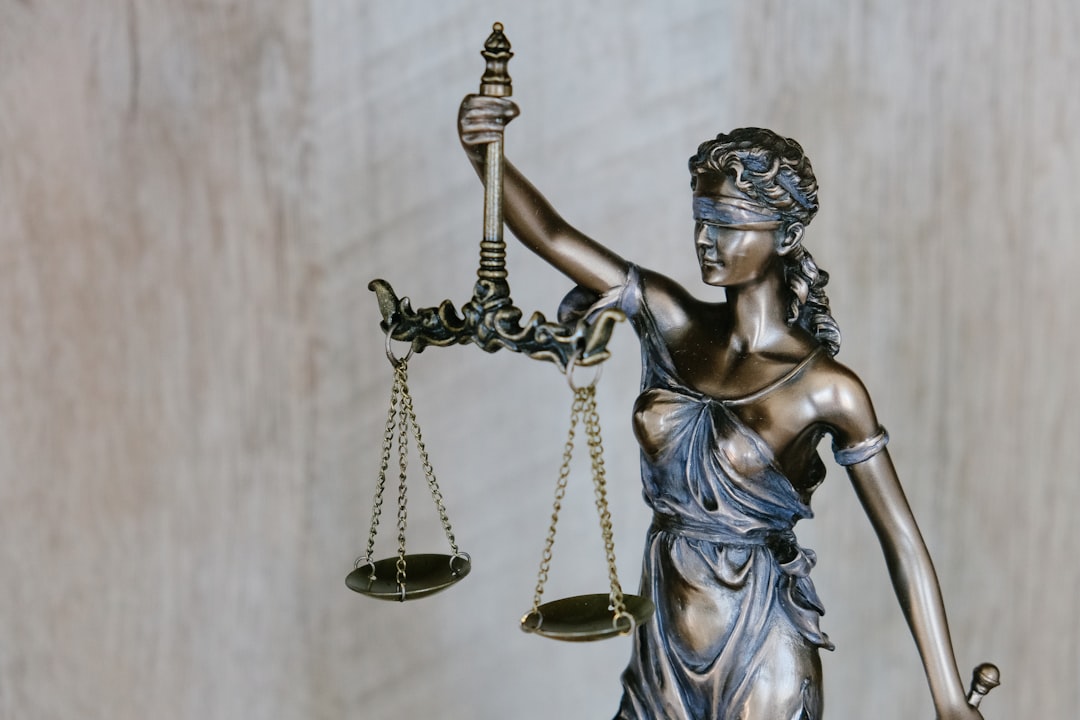Sexual abuse law firms in St. Louis, MO, specialize in handling sensitive cases, focusing on admissible evidence to prove claims and secure justice. Key pieces of evidence include medical reports, witness testimonies, expert opinions, forensic data (like DNA), digital traces, and psychological evaluations, all corroborating the victim's account. These firms navigate complex challenges like trauma sensitivity and confidentiality, utilizing best practices including ethical evidence presentation to ensure fair outcomes for victims in St. Louis sexual abuse cases.
In St. Louis, navigating sexual abuse cases requires understanding the legal definition of evidence and its diverse types. This article explores these fundamentals, focusing on how a specialized sexual abuse law firm St. Louis MO can assist survivors in presenting compelling cases. We’ll delve into the significance of various forms of evidence, the challenges involved, and best practices for ensuring success in court. By armed with this knowledge, survivors can effectively partner with legal experts to seek justice.
Understanding the Legal Definition of Evidence
In any legal case, including those involving sexual abuse in St. Louis MO, evidence is crucial for establishing facts and proving claims. The legal definition of evidence encompasses a wide range of tangible and intangible items that help courts make informed decisions. This can include physical objects like photographs, documents, or medical reports, as well as witness testimonies and expert opinions. When it comes to sexual abuse cases, the focus often shifts to evidence that can corroborate the victim’s account and establish beyond a reasonable doubt that an offense occurred.
A sexual abuse law firm in St. Louis MO understands that each piece of evidence must meet specific legal standards for admissibility. This means it must be relevant, material, and authentic. Relevance refers to how well the evidence supports or refutes a fact at issue in the case. Materiality considers whether the evidence is essential to proving or disproving a key element of the claim. Authentication ensures that the proffered evidence accurately represents what it purports to be. These principles are fundamental to ensuring fair and just outcomes in sexual abuse cases, where the burden of proof lies heavily on the prosecution.
Types of Evidence in Sexual Abuse Cases
In sexual abuse cases, evidence can take many forms, each holding distinct weight and value under the law. At a sexual abuse law firm in St. Louis MO, professionals understand that this type of case often relies heavily on subjective experiences and memories. As such, emotional testimony from victims is crucial—their firsthand accounts provide powerful insights into the alleged incidents. This personal narrative can be backed up by medical evidence, such as examinations documenting injuries or changes in physical health, which serve as tangible indicators of the abuse.
Other types of evidence include forensic data like DNA results and digital traces, especially with the increasing prevalence of technology in our lives. Text messages, emails, or social media posts that contain explicit content or revealing communications can significantly strengthen a case. Additionally, expert witness testimony is valuable; professionals like psychologists or medical specialists can offer insights into the psychological and physiological effects of sexual abuse, helping to validate a victim’s experiences and memories.
The Role of a Sexual Abuse Law Firm St. Louis MO
When navigating complex and sensitive matters like sexual abuse cases, having a dedicated Sexual Abuse Law Firm St. Louis MO can be invaluable. These specialized legal experts possess in-depth knowledge and experience handling such delicate issues, ensuring clients receive the highest level of representation. They understand the emotional trauma often associated with these cases and provide a supportive environment to help victims feel heard and respected throughout the legal process.
A Sexual Abuse Law Firm St. Louis MO plays a pivotal role in gathering and presenting evidence effectively. They have access to resources and professionals who can assist in documenting and verifying crucial details, which is essential for building a strong case. From medical records and witness statements to expert testimony, these firms know what constitutes compelling evidence in St. Louis sexual abuse cases, working tirelessly to secure justice for their clients.
Challenges and Best Practices for Presenting Evidence
When presenting evidence in St. Louis sexual abuse cases, several challenges often arise. These include issues related to sensitivity, where both victims and defendants require careful handling. Additionally, the potential for trauma relapse necessitates a supportive environment. Legal professionals must also navigate complex rules regarding confidentiality, ensuring the privacy of all parties involved, especially minors.
Best practices involve employing a sexual abuse law firm with expertise in these cases. Such firms should prioritize victim advocacy, using qualified experts who can offer sensitive testimony and utilize admissible evidence effectively. Documenting medical records, detailed accounts from professionals like therapists, and any physical evidence play crucial roles in building a strong case. A supportive legal team ensures that all evidence is presented ethically and compellingly, aiming for justice while respecting the complexities involved.





